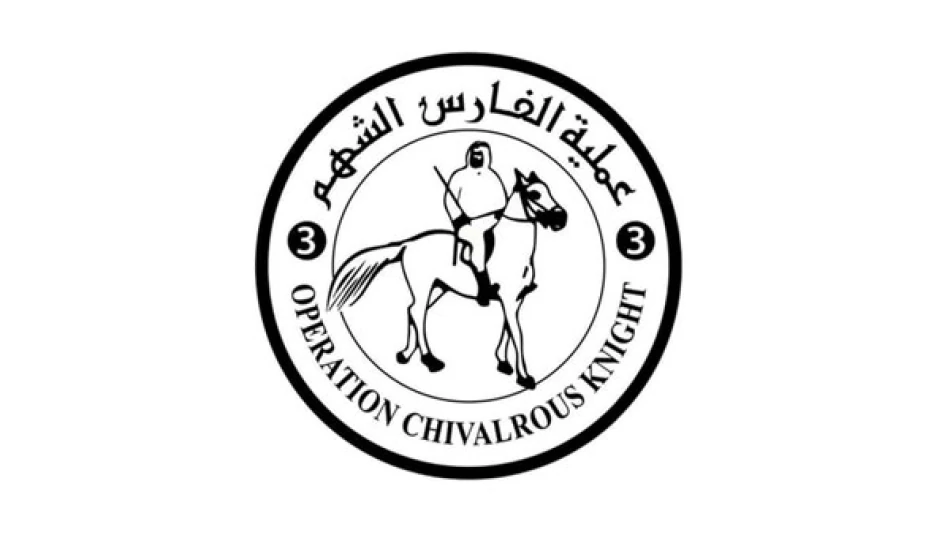
UAE Airdrops 73rd Humanitarian Aid Shipment to Gaza Strip
UAE Leads International Coalition in 73rd Gaza Airdrop Mission Amid Escalating Humanitarian Crisis
The United Arab Emirates has executed its 73rd humanitarian airdrop operation to Gaza, delivering over 3,988 tons of aid through an expanding international coalition that now includes nine countries. This sustained aerial campaign, operating under the "Birds of Goodness" initiative, signals a strategic shift toward multinational humanitarian diplomacy as traditional aid delivery mechanisms remain severely constrained in the besieged territory.
Coalition Expands as Crisis Deepens
The latest mission, conducted in partnership with Jordan and featuring participation from Germany, Italy, Belgium, France, Denmark, the Netherlands, Singapore, and Indonesia, demonstrates how Gulf states are increasingly positioning themselves as coordinators of international humanitarian efforts. The operation delivered essential food supplies funded by Emirati charitable organizations, highlighting the growing role of private-public partnerships in crisis response.
This multi-country approach mirrors successful humanitarian coalitions seen during natural disasters, but represents a novel application to conflict zones where ground access remains heavily restricted. The inclusion of both European and Asian nations suggests the UAE is leveraging its diplomatic relationships to build broader international consensus around humanitarian intervention.
Strategic Implications for Regional Diplomacy
Gulf Leadership in Humanitarian Affairs
The UAE's sustained commitment—evidenced by 73 consecutive airdrops totaling nearly 4,000 tons—positions the country as a regional humanitarian leader, potentially enhancing its soft power influence across the Middle East. This approach contrasts with traditional aid delivery methods and showcases technological capabilities that few nations possess at scale.
The operation's branding under "Operation Noble Knight 3" suggests this is part of a broader, long-term humanitarian strategy rather than an ad-hoc response. Such systematic naming conventions typically indicate institutional commitment and planning for extended operations.
International Coordination Model
The coalition structure emerging around these airdrops could serve as a template for future humanitarian crises where ground access is compromised. By coordinating with Jordan—which provides crucial airspace and logistics support—the UAE has created a sustainable operational framework that other nations can join without establishing independent supply chains.
Operational Challenges and Innovation
Aerial humanitarian delivery presents significant logistical challenges, from precision targeting to ensuring aid reaches intended recipients. The scale achieved—nearly 4,000 tons across 73 missions—suggests the UAE has developed sophisticated coordination mechanisms with ground partners in Gaza, despite the territory's isolation.
The consistent involvement of charitable organizations in funding these operations indicates a hybrid model combining state resources with private philanthropy, potentially offering greater sustainability than purely government-funded initiatives.
Broader Context for International Aid
This sustained airdrop campaign occurs as traditional aid delivery through border crossings faces increasing restrictions and security concerns. The UAE's approach offers an alternative model that could influence how international organizations and donor countries respond to similar crises where conventional humanitarian access is blocked.
The growing international participation also reflects shifting dynamics in Middle Eastern diplomacy, where Gulf states increasingly serve as bridges between regional concerns and global responses. This positions the UAE not merely as an aid provider, but as a diplomatic facilitator capable of mobilizing diverse international partnerships around humanitarian objectives.
Most Viewed News

 Layla Al Mansoori
Layla Al Mansoori






